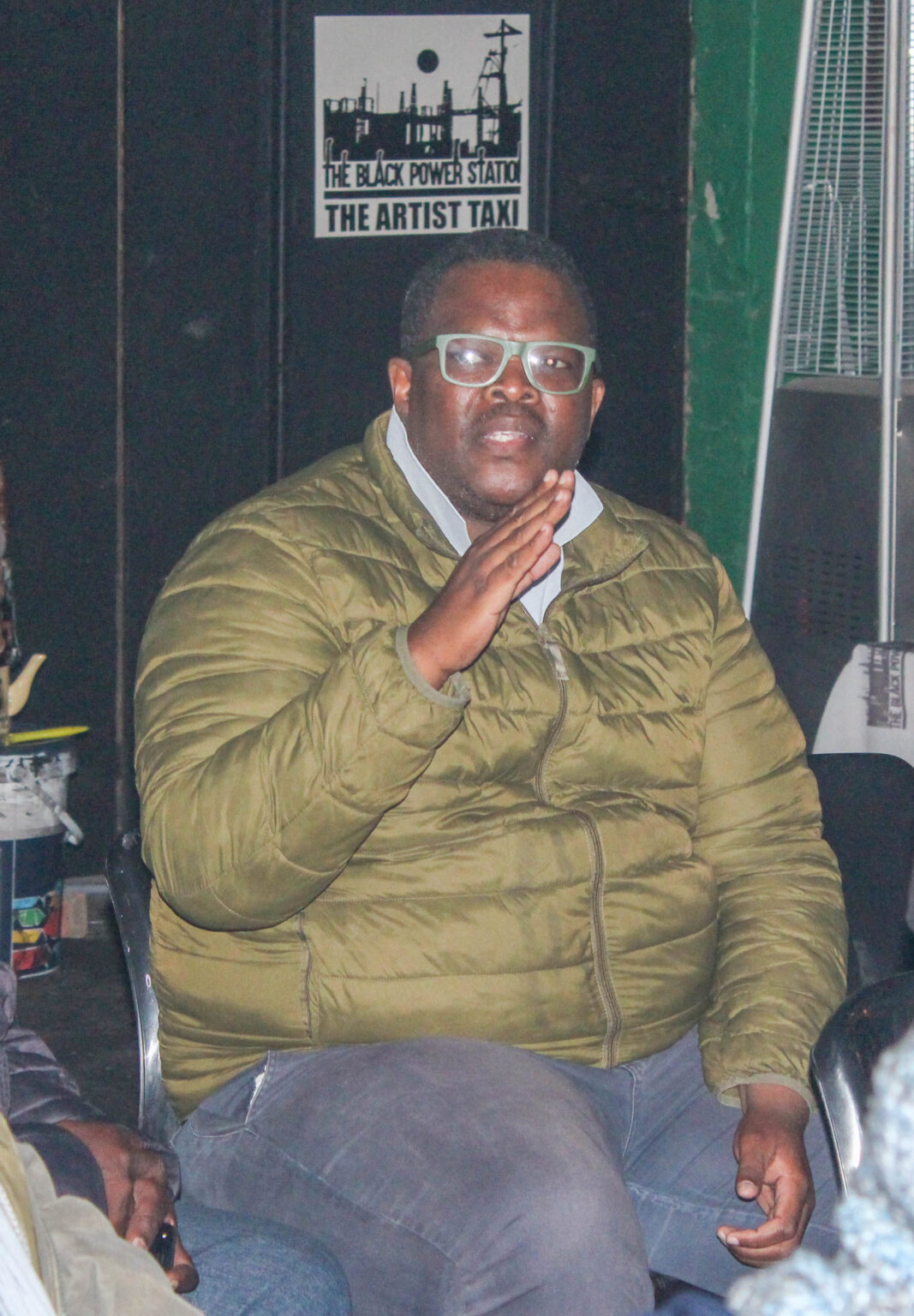By Benny Mojela
“Iphi inkaba/where is the umbilical cord?”, to which a mother proceeds, “the concept of ubuntu comes through the umbilical cord”. In African culture, the umbilical cord is deeply entrenched in the birthing ritual. Once a child is born, their mother buries the cord as a symbol of their connection to their ancestral land and lineage.
Ironically, I never planned to attend a workshop discussing umbilical cords on my birthday. However, The Natives and the Umbilical Archives urged me to trace and reflect on the documentation of my own family’s history.
The workshop interrogates precolonial stories preserved by the first Xhosa converts. It is presented by Professor Nomalanga Mkhize (Nelson Mandela University) who explores history from the concept of the umbilical cord – inkaba.
Mkize says the umbilical cord is an African concept used to trace and analyse questions of origin, historical memory, and desire to connect with the past and present community. The workshop is presented in both English and isiXhosa to avoid a loss of translation between the two languages. It also includes pictures illustrated by Mfundo Ndlevu to reimagine precolonial Xhosa life without adding Zulu or colonial elements.
Mkhize opens the workshop by sharing illustrated pictures of African adults working at a printing press in 1820s Lovedale. She explains that this is a depiction of some of the first Xhosa converts who were responsible for writing and translating native history and stories. “Whites wanted to teach the Xhosas how to read the Bible but when they arrived, we were not writing our stories, we were following oral tradition of storytelling”, she added. Unlike in Western traditions of Epistemology made famous by Rene Descartes’ “I think therefore I am”, Mkhize contested that African traditions differ. “You cannot separate a person from knowledge, because we know things through other people,” she adds.
The stories Mkhize reads were recorded by missionaries and illustrate a rich cannon for African people. One story explored was written in 1857 by William Kekale Kanyi, titled ‘Ngesimilo semvelo sa Makhosi sa Maxhosa’. It traces the origin of the amaTshwawe and amaCira people to a monarch called Xhosa. During Mkhize’s reading, she poses controversial discussion points to which the audience may contradict. Additionally, Mkhize invites audiences to think deeper about the meaning of stories.
The Natives and the Umbilical Archives is a revolutionary piece of work. It is thought-provoking to weigh-up how many of these tales are still relevant to our current socio-political environment. The workshop provides a framework for decolonisation using local stories without seeking external validation. It speaks to the complexity of African people, and not only as mere victims of colonisation.
Using this workshop as a vehicle, Mkhize hopes to turn The Natives and the Umbilical Archives and its illustrations into a comic book to make historical knowledge accessible to young people.
The Natives and the Umbilical Archives took place at The Black Power Station on 22 June 2023.


